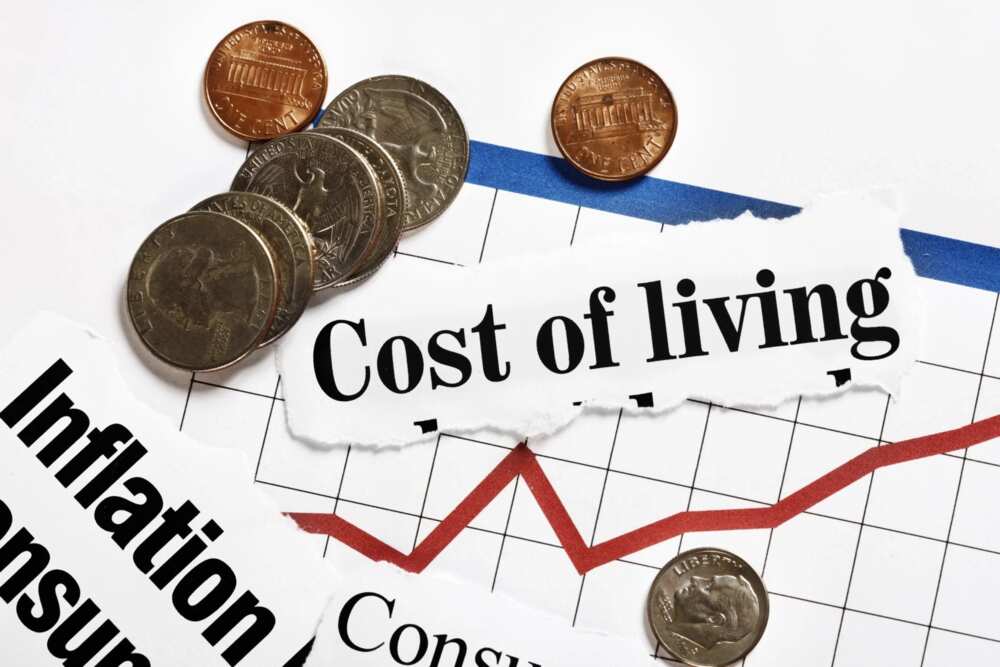The high cost of living in Nigeria has become undeniable, especially since the controversial removal of the oil subsidy by President Bola Ahmed Tinubu’s government on May 29, 2023. Families across the country are now struggling to afford basic food items, as prices soar in response to fuel pump prices ranging from N1,250 to N1,500 per litre.
Efforts to persuade the government, particularly through the Nigerian National Petroleum Company Limited (NNPCL), to reconsider this subsidy removal have been unsuccessful. Mele Kyari, the NNPCL’s leadership, has failed to provide solutions to the dire situation plaguing the petroleum sector. Instead of reviving public refineries, the NNPCL appears to be undermining the private Dangote Refinery, attempting to control its distribution channels and stifle competition.
However, this editorial seeks to address a more pressing issue: the legislative body’s failure to curb the executive’s excesses. With 109 senators in the Red Chamber and 360 members in the Green Chamber, the National Assembly consists of 469 lawmakers. Despite this, the country continues to face significant challenges.
Beyond their lawmaking duties, legislators are tasked with overseeing the executive and judiciary. It is their responsibility to ensure that harmful policies do not harm the populace. The removal of the oil subsidy without adequate support for citizens is one such policy, yet the National Assembly has remained silent since the President’s announcement.
This silence is disheartening, especially when many lawmakers are insulated from the struggles faced by ordinary Nigerians. With some of the highest salaries for lawmakers globally, the rising cost of fuel is unlikely to impact their lifestyles.
In more developed nations, the legislature serves as a crucial check on the executive. However, in Nigeria, the opposite seems true. Why has the legislature not addressed the reopening of public refineries or questioned the sudden subsidy removal? Why is there no scrutiny of the NNPCL’s recent attempts to set fuel prices for Dangote Refinery?
This lack of action reflects a profound insensitivity that should not be tolerated by any concerned citizen. Comparing Nigeria to other oil-rich countries—like Kuwait, Libya, and Saudi Arabia—highlights the disparity in citizen welfare. It is not unreasonable for Nigerians to benefit from their natural resources.
What has gone wrong that citizens cannot thrive in their own country? These nations are governed by their citizens; why should Nigeria be any different? Should we call for the return of colonial rule to learn the hard lessons of governance?
This is not a prayer any patriotic Nigerian should make. However, there is a limit to endurance. Nigerians are nearing a point where resistance will become unavoidable. Therefore, leaders must act swiftly while the situation remains manageable.
Our lawmakers, particularly those in the National Assembly, must fulfil their role as checks on the executive, truly representing the people’s interests. They should not be in the Hallowed Chambers simply to enjoy luxury vehicles and lavish lifestyles while constituents live in poverty.
A day of reckoning will come, and it is up to these leaders to prepare a worthy record of service. If they fail, posterity will not forgive them. A word to the wise is sufficient!

